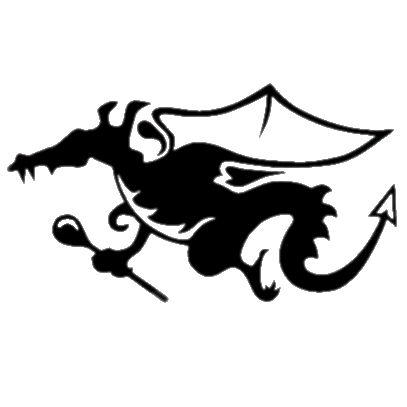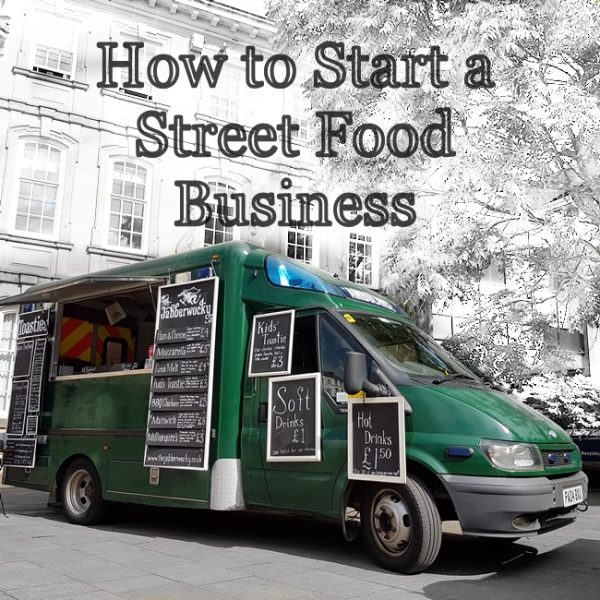Every event is a little different, but most of the time they will be something like this.
It starts the day before, with a deep clean of the van. Cleaning is a pretty big theme here, brace yourselves. Every surface inside the van has to be scrubbed, then antibacked, then wiped. This takes a few hours, and is a strangely pleasing bonding experience. I hate cleaning, but cleaning the van is mildly less dissatisfying. I think mostly because cleaning, in the world at large, is basically endless, but at least in the van you are heading off on an adventure. Followed of course, by more cleaning.
A daytime event starts with an early morning. How early will depend on how close the event is and how well prepared we are from the night before. Experience has taught us that getting up early is just rubbish, so these days everything will be set the night before. We just unplug the van and drive off.
Since having a new engine the Beast has been spewing out a more sociable volume smoke; sometimes no more than one would expect for a creature his age, so starting him has been smooth so far, although he still likes to tell the entire street he’s awake. We then potter down to the festival, trailing a long line of cars who probably just want to get a better look.
By his nature the van is already three quarters set up, so we make a habit of getting there last. It means we avoid the sea of transits that ebb and flow around a show ground in the hours before go-time, and we can just cruise to our pitch and parallel park the hell into that spot.
The morning will then be spent chatting to the neighbours, making up a fresh batch of toasties, having several cups of tea and doing gentle trade with people wandering past. Mornings are quiet, even with the Breakfast Toastie on the menu, and give plenty of time for tweeting, moaning about the weather and catching up with other traders we know on site.
Lunch is hopefully a rush between 1 and 2, with toasties flying out of the hatch. We will usually make over half of what we take all day during this time. Most of the rest will then be in the hours after that, where the pace slows and we get to stop, people-watch and chat more about the great topics of Life, the Universe and Everything. One or the other of us will wander off for more chatting to stall holders, and we will probably have another cup of tea.
At the end of the day we have to then make the hardest decision of the day: the call. That definitive moment when the gas goes off, the presses are dismantled and we are no longer able to serve food. The end of the day is often quiet, but punctuated with the last few customers. It’s a balance between getting closed down early verses making those last few sales, which might only be a single toastie for the whole final hour, but could have been another five if you had held on for just little bit longer.
After we’ve called it our pack up only takes a leisurely 30 minutes, compared to several hours of hard graft for a complex gazebo set-up. Then we’re back on the road and trundling home, our usual train of fans fuming lovingly behind us. At home the van gets a quick scrub by one of us while the other does the washing up, and when everything is clean we curl up on the sofa and engage in a spot of shameless capitalism and round off the day counting our takings. No offices, no computers, no meetings and no politics. And people are surprised when I tell them this is the best job in the world.




